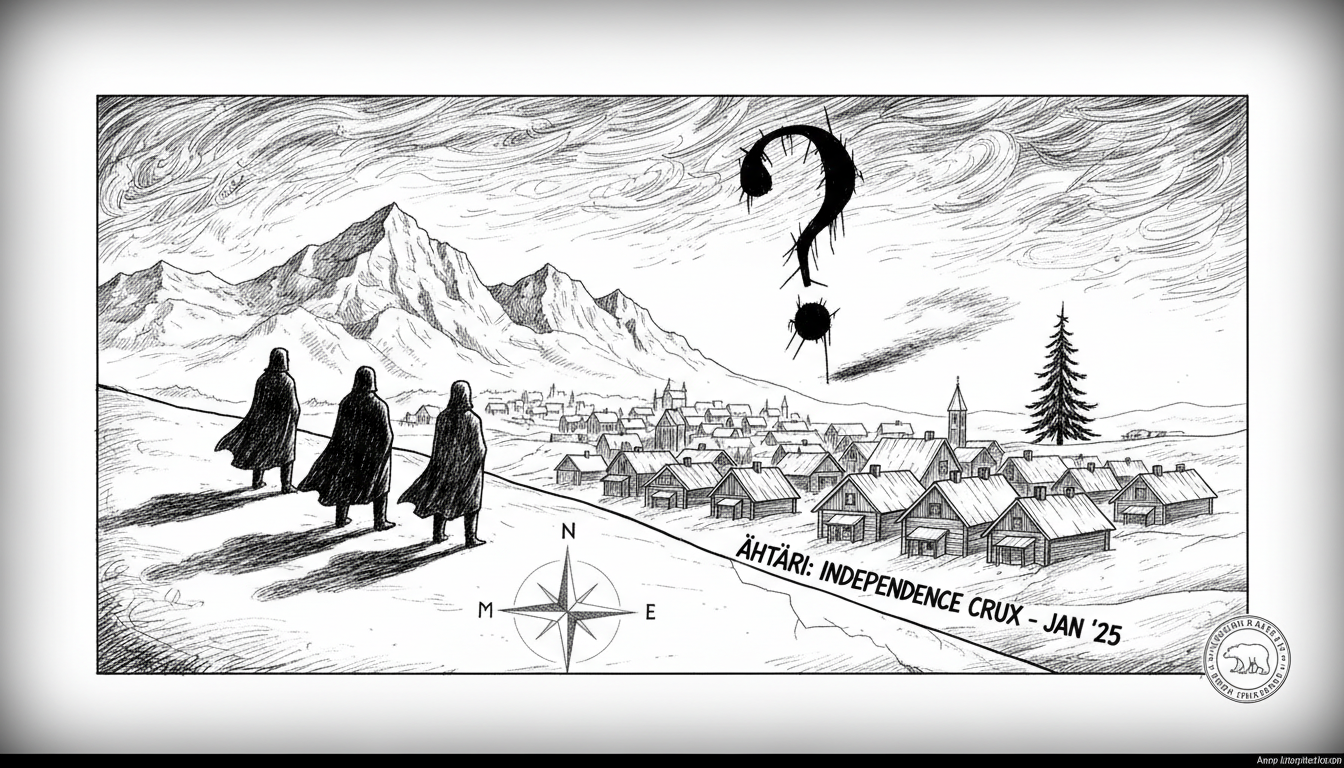The Finnish municipality of Ähtäri faces a pivotal moment as an assessment group determines whether it can continue operating independently. Located near the Central Finland regional border, Ähtäri has entered a municipal crisis assessment procedure due to severe financial difficulties. The town has recorded losses for multiple years, primarily driven by its zoo company that declared bankruptcy earlier this fall.
The assessment group must decide by the end of January whether Ähtäri possesses adequate resources to maintain services for its residents as an independent municipality. According to financial advisor Ville Salonen from the Ministry of Finance, who serves as the ministry's representative on the assessment team, only two outcomes exist.
"Either we assess that the municipality can create a credible balancing program to improve its economy within a reasonable timeframe," Salonen explained in official comments, "or we determine that sufficient conditions don't exist to secure municipal services, in which case we would propose appointing a municipal division investigator."
The assessment group has not specified potential merger partners, noting that Finnish law doesn't prevent municipal mergers across regional boundaries. This situation reflects broader challenges facing smaller Finnish municipalities struggling with demographic changes and economic pressures.
Ähtäri's financial crisis stems largely from its zoo operations, which have consistently drained municipal resources. The zoo company's bankruptcy this autumn represents the culmination of years of financial strain. Municipal crisis assessment procedures represent serious interventions in Finland's local governance system, typically occurring when a municipality cannot reliably provide basic services or manage its finances.
This case highlights the ongoing consolidation trend in Finnish municipal governance. Many smaller municipalities face similar challenges with aging populations, declining tax bases, and increasing service demands. The outcome could set precedents for other struggling municipalities considering mergers or structural changes.
International readers should understand that Finnish municipalities enjoy considerable autonomy in providing education, social services, and infrastructure. When this autonomy becomes financially unsustainable, the state intervenes through procedures like Ähtäri currently faces. The January deadline creates urgency for both local officials and residents awaiting clarity about their community's future governance structure.
The decision carries implications beyond municipal borders. Regional development, service provision patterns, and even cultural identity hang in the balance. While the assessment group focuses narrowly on financial viability, the outcome will reshape Central Finland's municipal landscape for decades.

